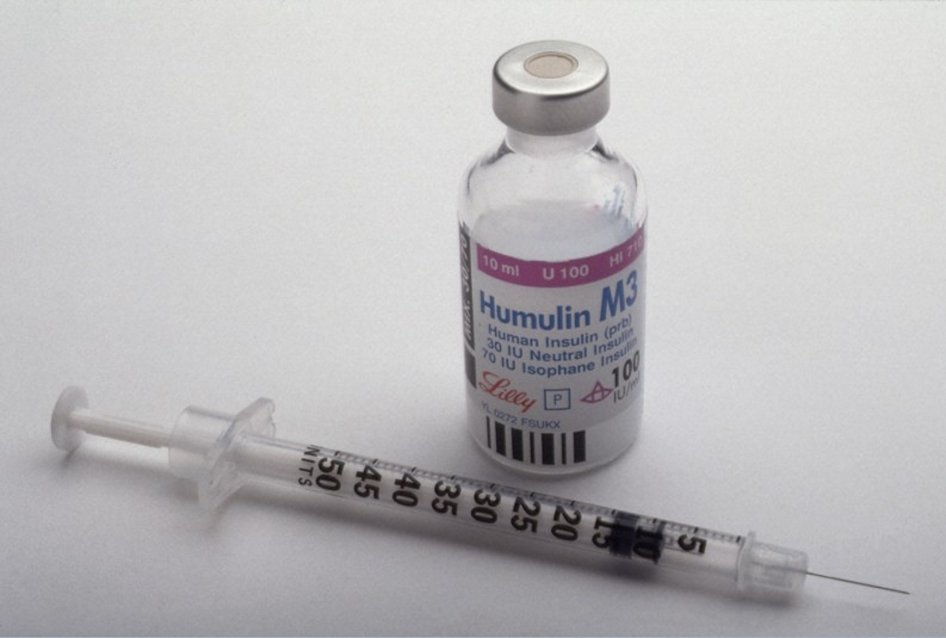The human TPO is a glycoprotein hormone that regulates the production of platelets in human blood. It encodes four different transcripts, which are translated into four different proteins with varying functions. Researchers have found that endogenous thrombopoietin levels correlate positively with increased platelet counts and may be associated with coronary artery disease severity. Similarly, recombinant human TPO has been shown to affect the human platelet count, but no studies have been conducted on how much or how often recombinant human TPO should be administered.
What does thrombopoietin do in the body?
Thrombopoietin is a glycoprotein hormone that regulates the production of platelets in human blood. It does this by binding to its receptor, which is found on the surface of megakaryocytes – the cells that produce platelets. Once thrombopoietin binds to its receptor, it initiates a cascade of events that leads to the production of platelets.
There are four different transcripts of the human TPO gene, which encode four different proteins with varying levels of function. The most well-known and studied protein is thrombopoietin-alpha (TPO-α), which is produced by all four transcripts. It is the primary regulator of platelet production and has been found to correlate positively with increased platelet counts.
The relationship between endogenous thrombopoietin and platelet count
In a study of patients with coronary artery disease, endogenous thrombopoietin levels were positively correlated with increased platelet counts. This suggests that endogenous thrombopoietin levels may be associated with coronary artery disease severity. However, this relationship requires further investigation as it is unclear if endogenous thrombopoietin levels are a cause or effect of coronary artery disease.
Recombinant human TPO has also been shown to have an effect on human platelet count. In one study, recombinant human TPO was administered to patients with low platelet counts, and their platelet counts increased following treatment. This suggests that recombinant human TPO may be an effective treatment for patients with low platelet counts. However, it is unclear how much recombinant human TPO should be administered at once or how often it should be given, as no studies exist on this topic.
How can you increase endogenous levels of thrombopoietin?
There is no known way to increase endogenous levels of thrombopoietin. However, there are a few things that you can do to increase the amount of TPO-α in your blood.
You can start by exercising. It has been shown that exercise increases the production of TPO-α by up to 50%. This enzyme is also produced when you consume foods or supplements rich in iron.
Also, your doctor can recommend tea. This herb contains polyphenols, which have been shown to increase TPO-α levels. Additionally, you can try lowering your stress levels. Studies have found that high physiological and psychological stress reduces the production of TPO-α by inhibiting its release from cells. So reducing your stress level may help increase this hormone’s production.
Alternatively, you can take medications such as statins and metformin. Both of them have been shown to increase TPO-α levels. Or take diosmin supplements that may be able to increase the release of TPO-α from cells and thus enhance its production. However, more research is needed to determine if diosmin supplements are effective in increasing TPO-α levels.
The Effect of Recombinant Human Thrombopoietin on Patients with Chronic Renal Failure
Endogenous levels of thrombopoietin are known to decrease in patients with chronic renal failure. This may be due, at least in part, to increased production of erythropoietin by the kidneys. Erythropoietin stimulates red blood cell production and inhibits TPO-α release from cells, leading to an increase in erythropoiesis and a decrease in platelet production.
In addition, patients with chronic renal failure are known to have low levels of iron which may contribute to the reduced thrombopoietin levels observed in these individuals. Iron is required for TPO-α synthesis, so a lack of iron may limit its production.
Recombinant human TPO has been shown to increase platelet counts in patients with chronic renal failure; however, this effect is only temporary. The long-term effects of recombinant human TPO on these individuals are unclear.
Potential future applications for recombinant human thrombopoietin therapy
Although recombinant human TPO therapy is currently used to treat individuals with low platelet counts, it has the potential for future application in other areas.
One potentially important area of research involves patients who have had a bone marrow transplant due to high-risk leukaemia or lymphoma treatment. Although these transplants are often successful at curing cancer, they come with a risk of developing graft-versus-host disease (GVHD). GVHD is a condition in which the donor cells attack the recipient’s tissues. This can lead to various symptoms, including skin rashes, diarrhoea, and liver damage.

